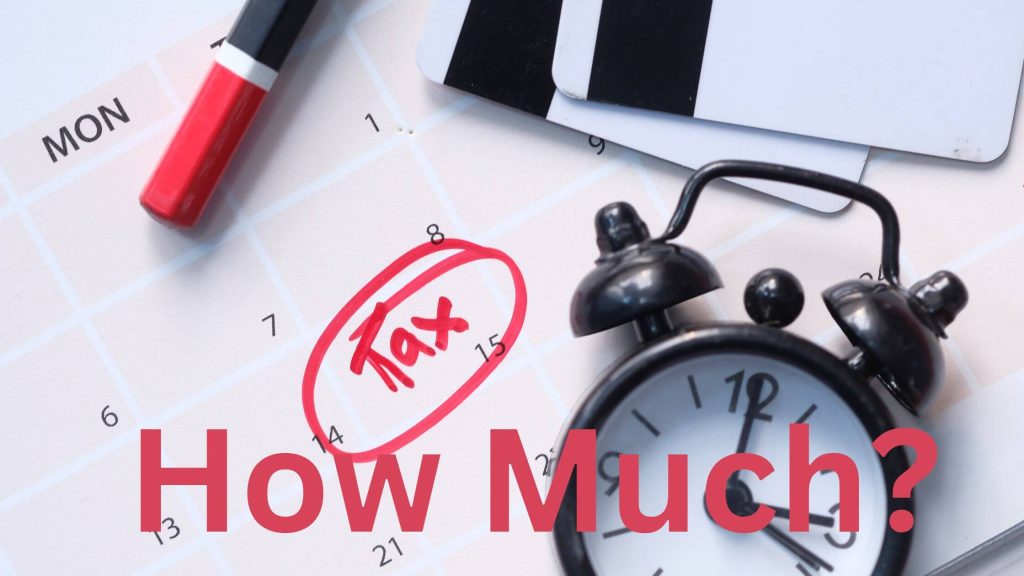The Kenyan real estate market offers exciting opportunities for investors. But alongside the potential for lucrative returns comes the responsibility of navigating the tax landscape. This comprehensive guide sheds light on the specific tax considerations for real estate investors in Kenya (as of March 2024).
Common Income Streams in Real Estate:
Real estate investors can generate income through various means:
- Rental Income: The primary income stream for most investors comes from renting out their properties.
- Property Sales: Capital gains can be realized when selling an investment property at a profit.
Deductible Expenses for Real Estate Investors:
The good news? Real estate investors can deduct legitimate expenses related to their property ownership from their rental income, thereby reducing their taxable income. Common deductible expenses include:
- Mortgage interest payments
- Property taxes
- Repairs and maintenance costs
- Depreciation (gradual decrease in property value over time)
Tax Implications for Real Estate Investments:
- Rental Income: Rental income is considered taxable income and falls under the standard Kenyan tax brackets.
- Capital Gains Tax: Profits from property sales are generally subject to a capital gains tax rate of 20%. However, exemptions may apply depending on the holding period and the investor’s tax residency status.
Case Studies: Exploring Real Estate Tax Scenarios:
Let’s delve into a couple of real-life examples to illustrate tax implications for real estate investors:
- James, a Buy-to-Let Investor: James rents out a Nairobi apartment for Ksh 50,000 per month. He incurs Ksh 20,000 in mortgage interest and Ksh 10,000 in maintenance costs annually. His taxable income from the rental property is Ksh 20,000 (Ksh 50,000 income – Ksh 20,000 interest – Ksh 10,000 maintenance).
- Sarah, a Property Flipper: Sarah purchases a fixer-upper for Ksh 2 million, renovates it for Ksh 500,000, and sells it for Ksh 3 million a year later. Her capital gain is Ksh 800,000 (Ksh 3 million selling price – Ksh 2.5 million total cost). She may be liable for capital gains tax on this amount, depending on her specific circumstances.
Remember: These are simplified examples. For a more personalized assessment of your real estate tax situation, consulting with a qualified tax professional is highly recommended.
Beyond Taxes: Additional Considerations
- Stamp Duty: A stamp duty is levied on the transfer of ownership of a property. The rate varies depending on the property value.
- Minimum Tax: In some cases, the Kenyan government may impose a minimum tax on rental income, regardless of deductible expenses.
Investing Wisely & Managing Taxes Effectively
Real estate can be a powerful wealth-building tool in Kenya. By understanding and managing your tax obligations, you can maximize your returns and ensure a smooth investment journey. Remember, a qualified tax advisor can provide valuable guidance on optimizing your real estate investment strategy and minimizing your tax liability within the legal framework.
So, explore the exciting world of Kenyan real estate with confidence! By making informed decisions and managing your taxes effectively, you can turn your property investments into a success story.

